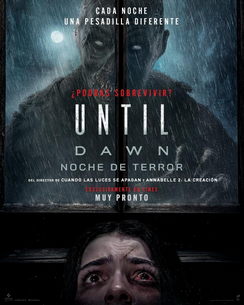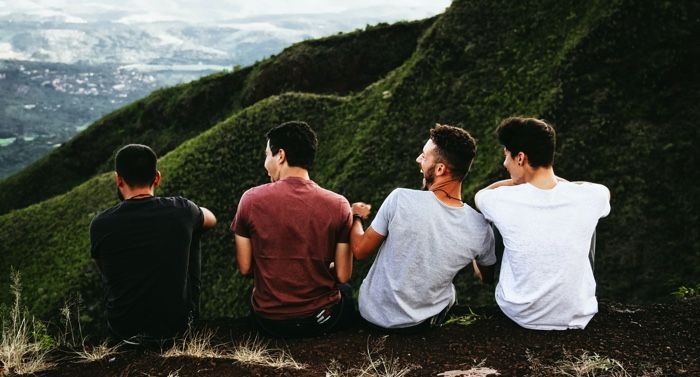
Male friendships in literature are way more common than you think. But the rare ones are close or intimate male friendships, which feels enigmatic and intriguing.
In 2021, a survey done by the Survey Center on American Life revealed that there a“friendship recession” among American men. One of the findings was that since 1990, the proportion of men who have at least six close friends decreased by half, from 55% to 27%. One of the study’s major findings is that society fosters young boys to hide their vulnerabilities, while encouraging as well as toughness and stoicism over emotional sensitivity and connection. It also concluded that men are less comfortable revealing their thoughts or asking their peers for emotional help than women are.
In my case, I had (yes, past tense) a very close male friendship, which I extensively wrote about in a previous essay. Mi hermano and I were bookish; he had a collection of young adult books that I love, and he even supported my brief stint as a poet. Yes, we were very close and would even say te amo if the situation calls for it. No, we weren’t dating. Yes, he’s straight. No, I didn’t have feelings for him. Yes, we were happy, but when the friendship fell apart, I was devastated. It greatly affected me in ways I couldn’t imagine. But now that I’ve healed enough and moved forward in life, I’m trying to find that kind of close bond again, and I unfortunately can’t. I might be making a sweeping generalization here, but all I’ve found so far is men with insufferable machismo.
So for now, while I’m still sending applications, I’m enjoying reading books featuring male friendships. No, I’m not talking about friendships that lead to some sweet romance, but rather, a platonic friendship among anyone who identifies as a man, be that a masculine heterosexual cisman or a transman. One such example is the rare, deep friendship between Harley, a gay Black man, and Muddy, a heterosexual man in Small Joys by Elvin James Mensah. This isn’t a superficial male friendship but an intimate and “brotherly” one. But while there are a few other books like this, they aren’t necessarily exemplary. Most of them are also by white men, and I have yet to find ones by authors of marginalized backgrounds or books that feature similar friendships that also highlight diverse gender identities, which kind of limits our view of male friendships.
Close platonic male friendships seem rare and precious, don’t they? But do we get to read ones that don’t have romantic and sexual undertones?
Book Deals Newsletter
Sign up for our Book Deals newsletter and get up to 80% off books you actually want to read.
Thank you for signing up! Keep an eye on your inbox.
By signing up you agree to our terms of use
Men and Their Friendship Dynamics
Let me preface by saying that no matter how much men rarely talk about the intimate parts of their lives, the reality is that they also crave some kind of connection. But when they finally express their emotions and show their soft side, society tells them that it isn’t acceptable. That it’s “gay.” And this heavy societal pressure to act tough keeps men from developing quality friendships among themselves. In irony, this strange phenomenon is vastly different from the decades past, in which men were more open to one another.
Meanwhile, much has already been said about the positive effects of friendships, such as lowering the risk of developing mental health conditions. This underscores the importance to develop knit bonds among the bros.
Though this taboo is ever-present in our society, it doesn’t stop many writers from incorporating close male friendships in their stories. Deep male friendships are rare in literature, just as they are in real life. On the other hand, male friendships — sans the quantifier deep — abound in books, but we don’t read them in plain language because they are portrayed differently. They also take different forms, such as two boys or men doing activities together — be it sports, outdoor activities, or drinking.
When readers talk about literary male friendships in pop culture, they may actually be referring to intimate male friendships. But it seems like there are a lot of roadblocks for better representation.
The Curse of Close Platonic Male Friendships
One possible reason deep male friendships rarely appear in books is that gay romance novels are all the rage these days (though I’m not saying that’s bad), but this is a different realm altogether. Even rarer is a platonic friendship between two gay men who are attracted to each other or a platonic friendship between a straight and gay man (that’s “bromosexual”). But male friendships that aren’t gay or don’t turn into queer romance deserve a place in literature, too. Most often, with books involving very close male friends, there’s a romance that builds up at the conclusion. But a wholesome close friendship without any sexual tension? I wish there was an abundance of that.
Then there’s also the issue about deep male friendships being “queer baiting.” I’m glad that readers clamor for more M/M relationships in literature, but at the same time, the books in question appear to me to only want to portray wholesome intimate male friendships, and it shouldn’t scan as anything else.
Per my experience — don’t take this as a fact but rather an anecdote — healthy platonic male friendships in books are somewhat not realistic. Apparently, plenty of men would rather fight one another, and since I’m AMAB and have been in the company of men my whole life, it’s rare to see male friendships in real life where there’s little to no aggression. I hope I’m wrong, though. But should this stark reality be reflected in the literature that we read? Or, rather, should we see literary male friendships with rose-colored glasses?
I’m honestly conflicted with this. Yes, why not portray male friendships more positively, even though it seems unrealistic? This Hollywood fantasy that men generally have healthy friendships among themselves could probably serve as inspiration or could offer a ray of hope. Personally, I would love to see more of it in books. On the other hand, maybe not, because this pipe dream doesn’t mirror the current state of our society. Maybe books should expose the real problem in this patriarchal society and just call it what it is.
Male friendships in books are ever-present, but they are just portrayed differently. That’s because the dynamics in male friendships are not always clear-cut. Rare, though, are intimate male friendships — the wholesome and healthy ones that feel like bromances or familial. And those are the ones not being given enough representation in between the pages.
Apparently, men can also be victims of internalized patriarchy, as they are unable to show their vulnerable side, always embracing the machismo that robs them of otherwise healthy friendships and masculinities. Media has the power to change social norms, and I hope that having more deep male friendships in books brings a social change. One can always hope.




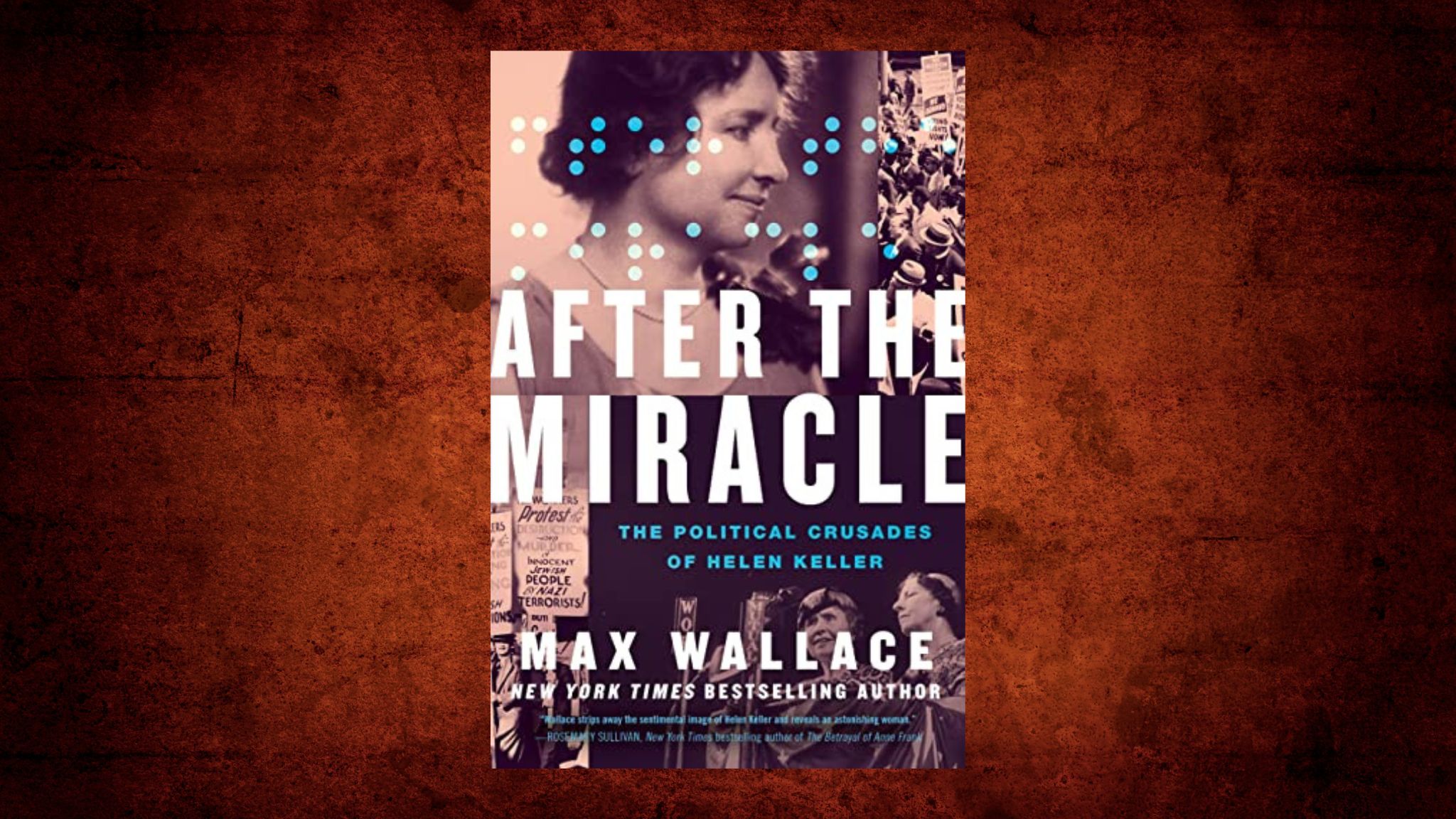
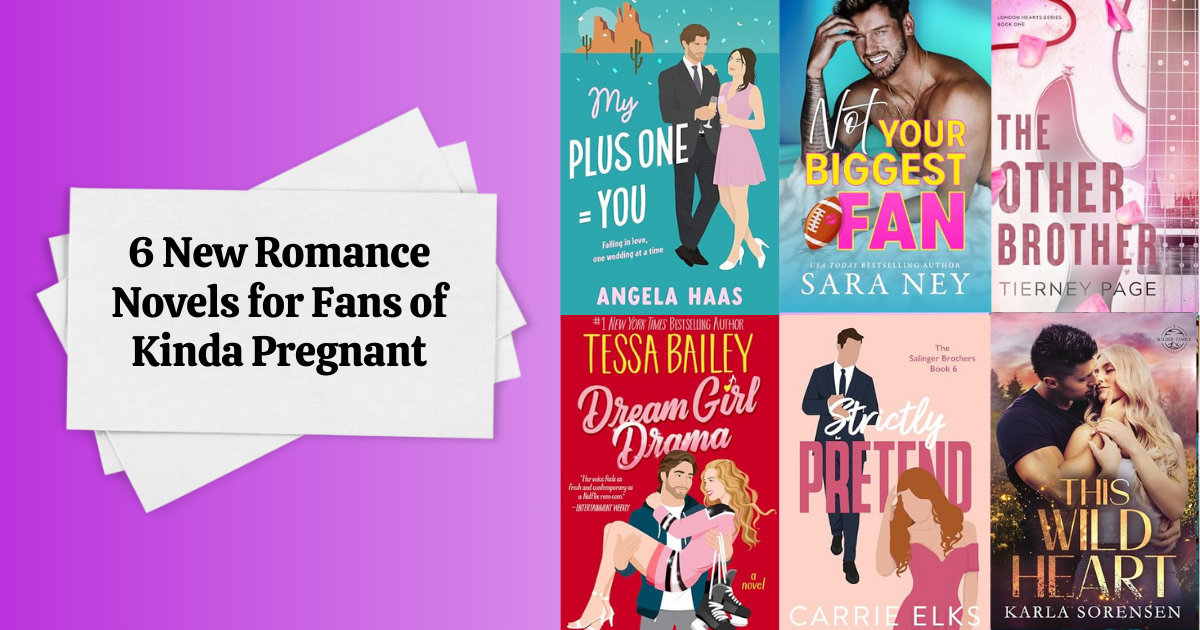


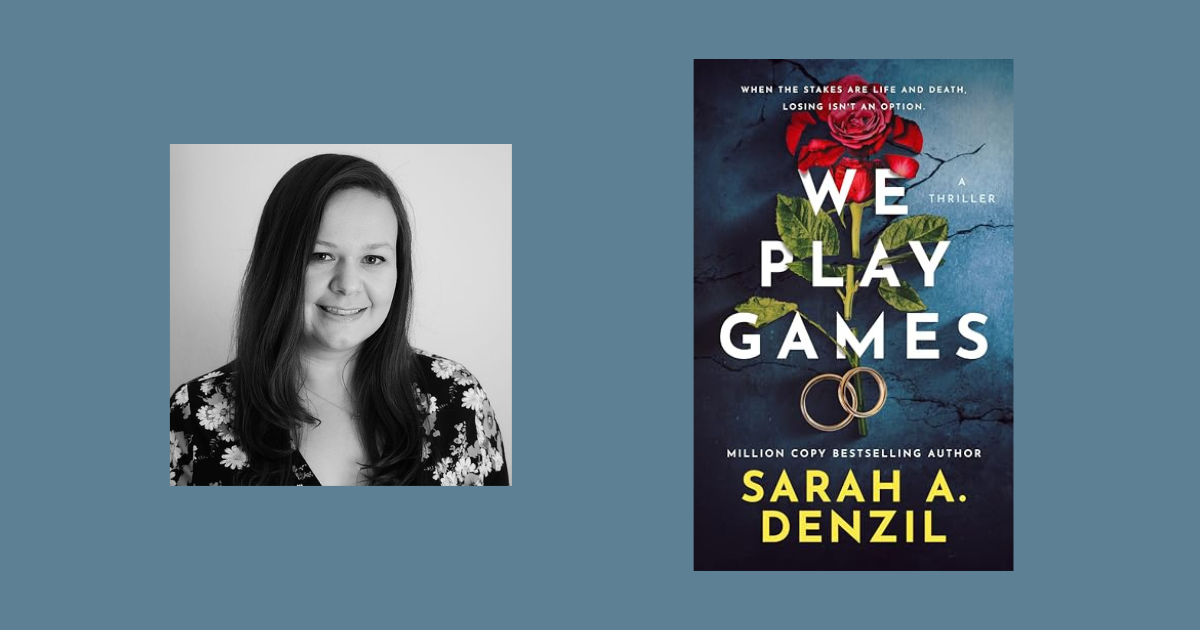


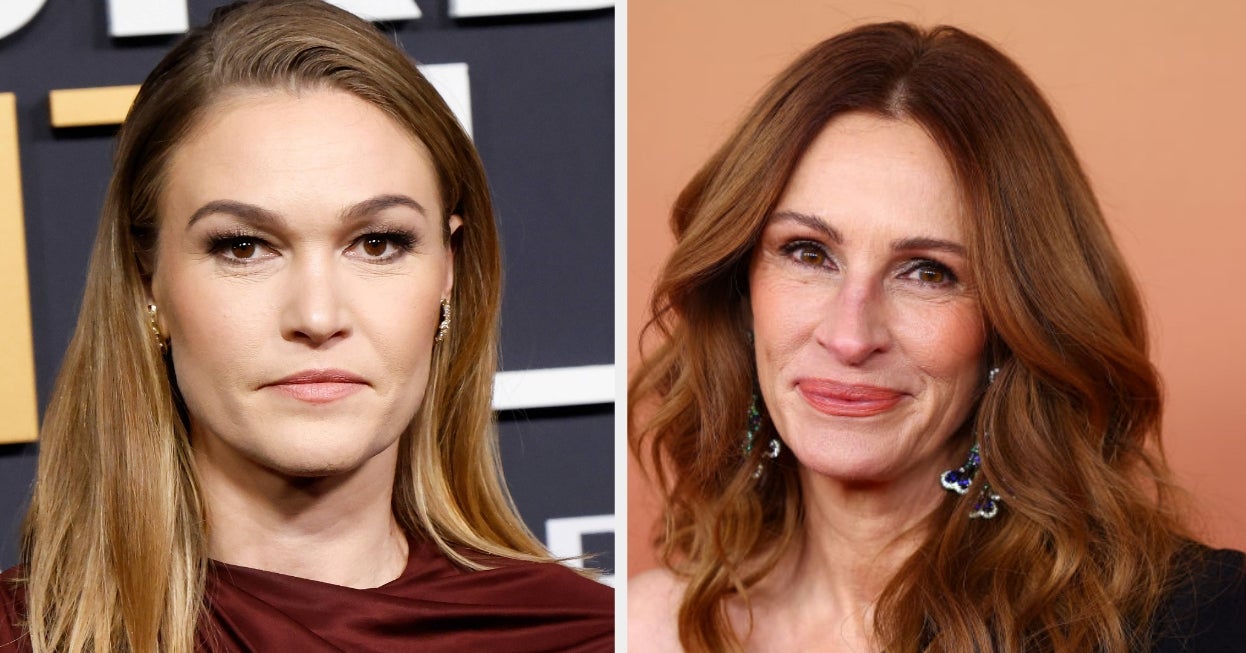



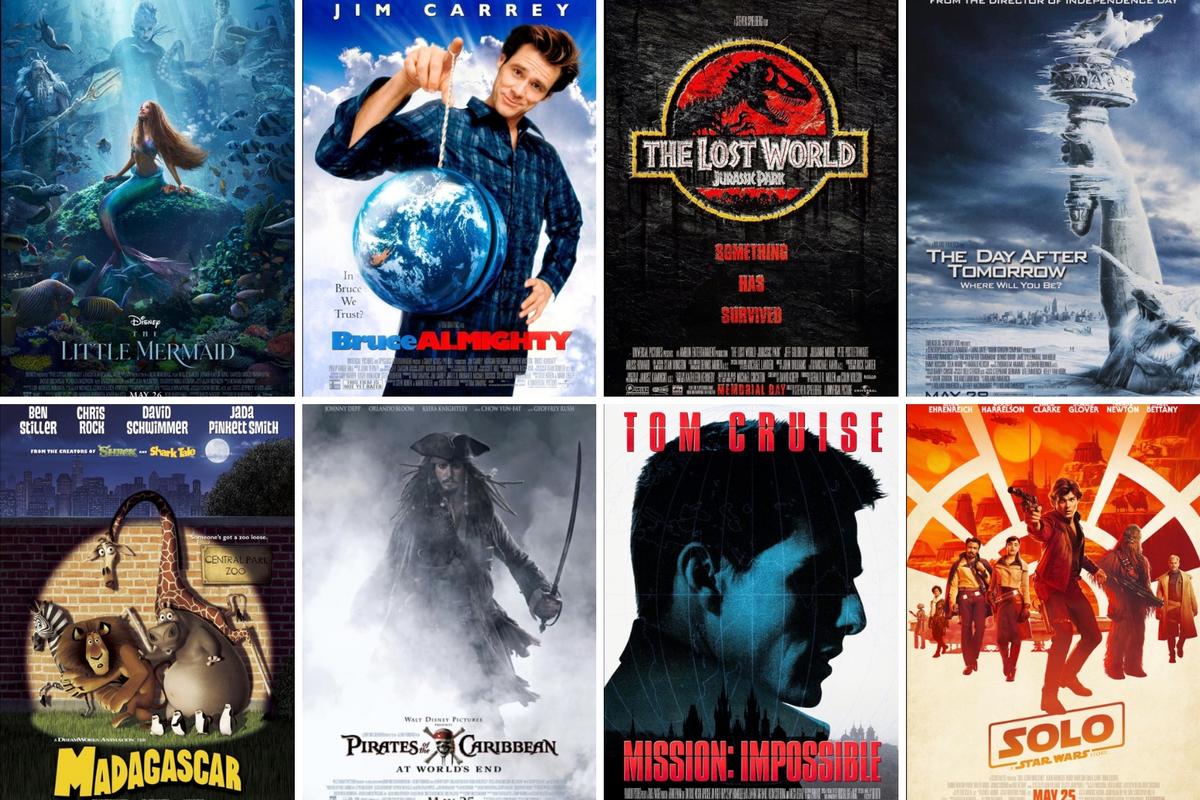
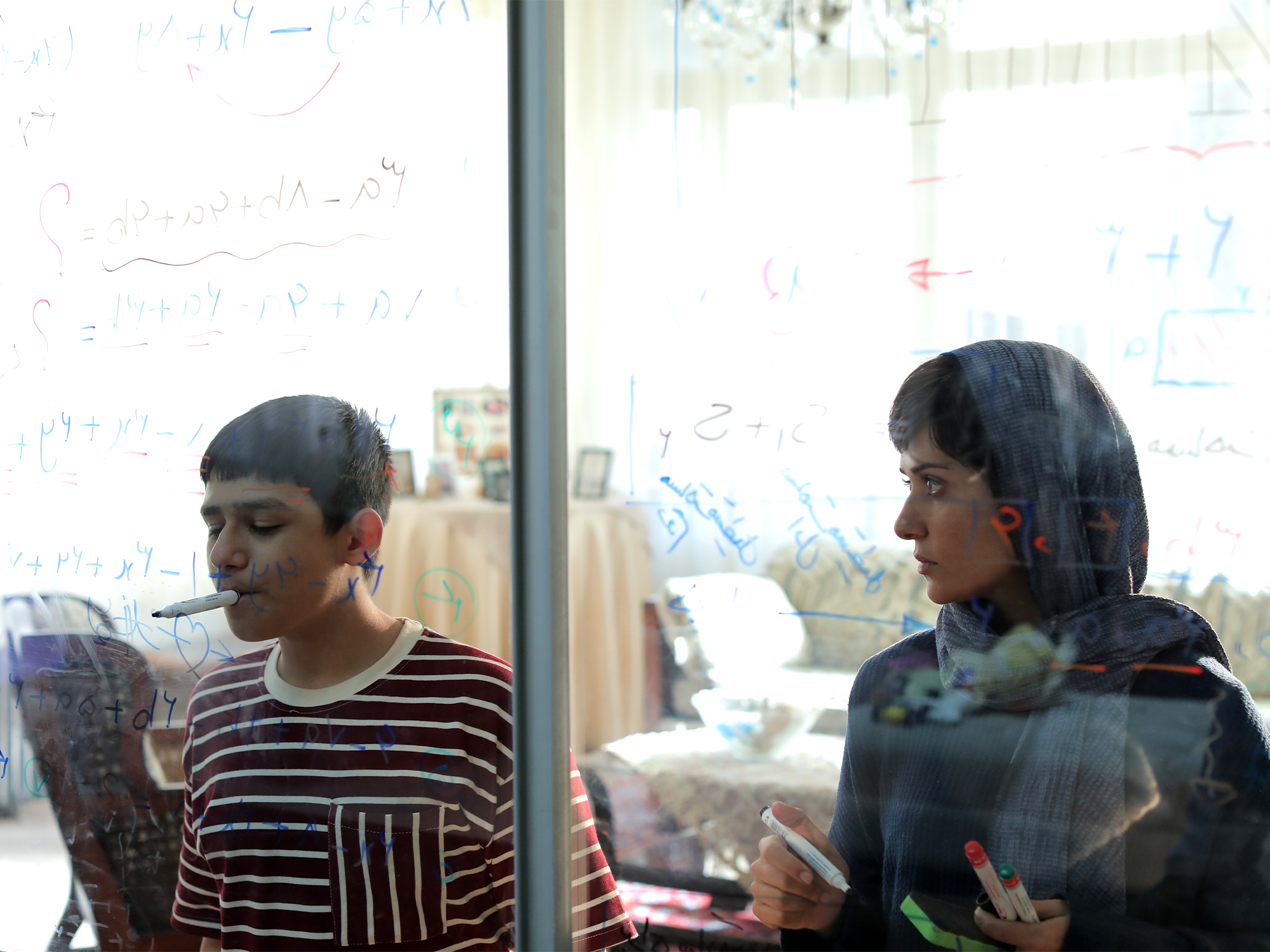



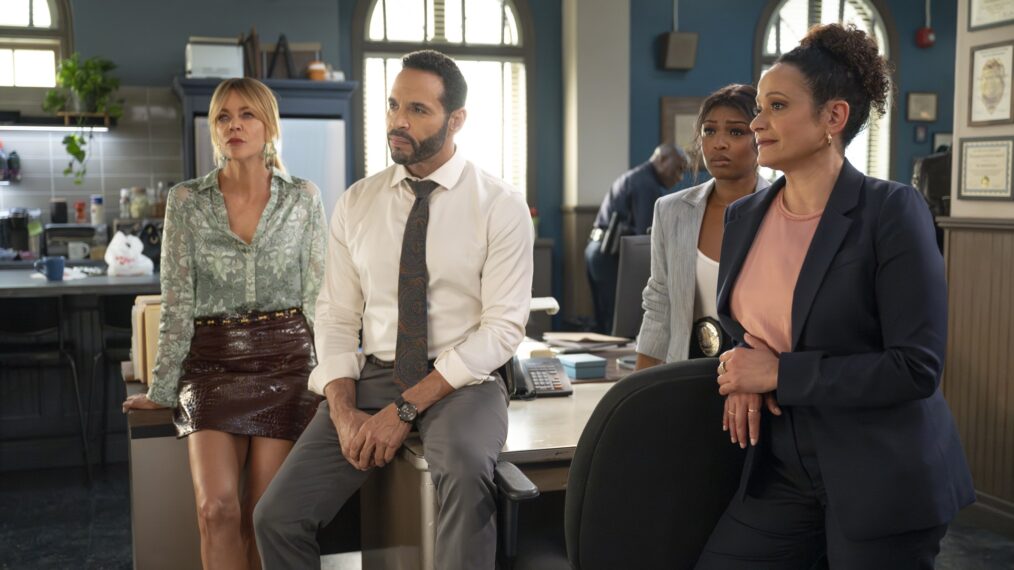


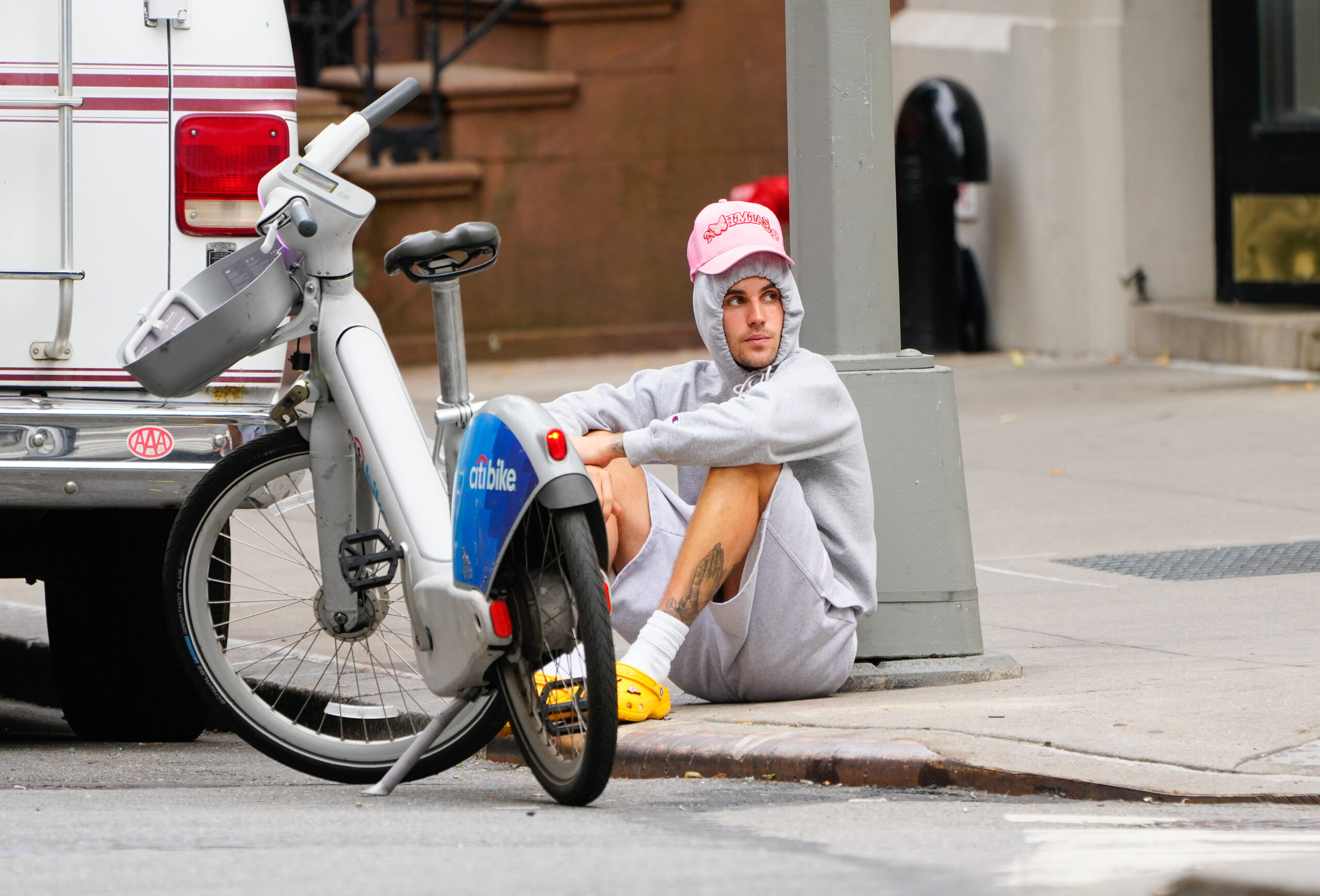

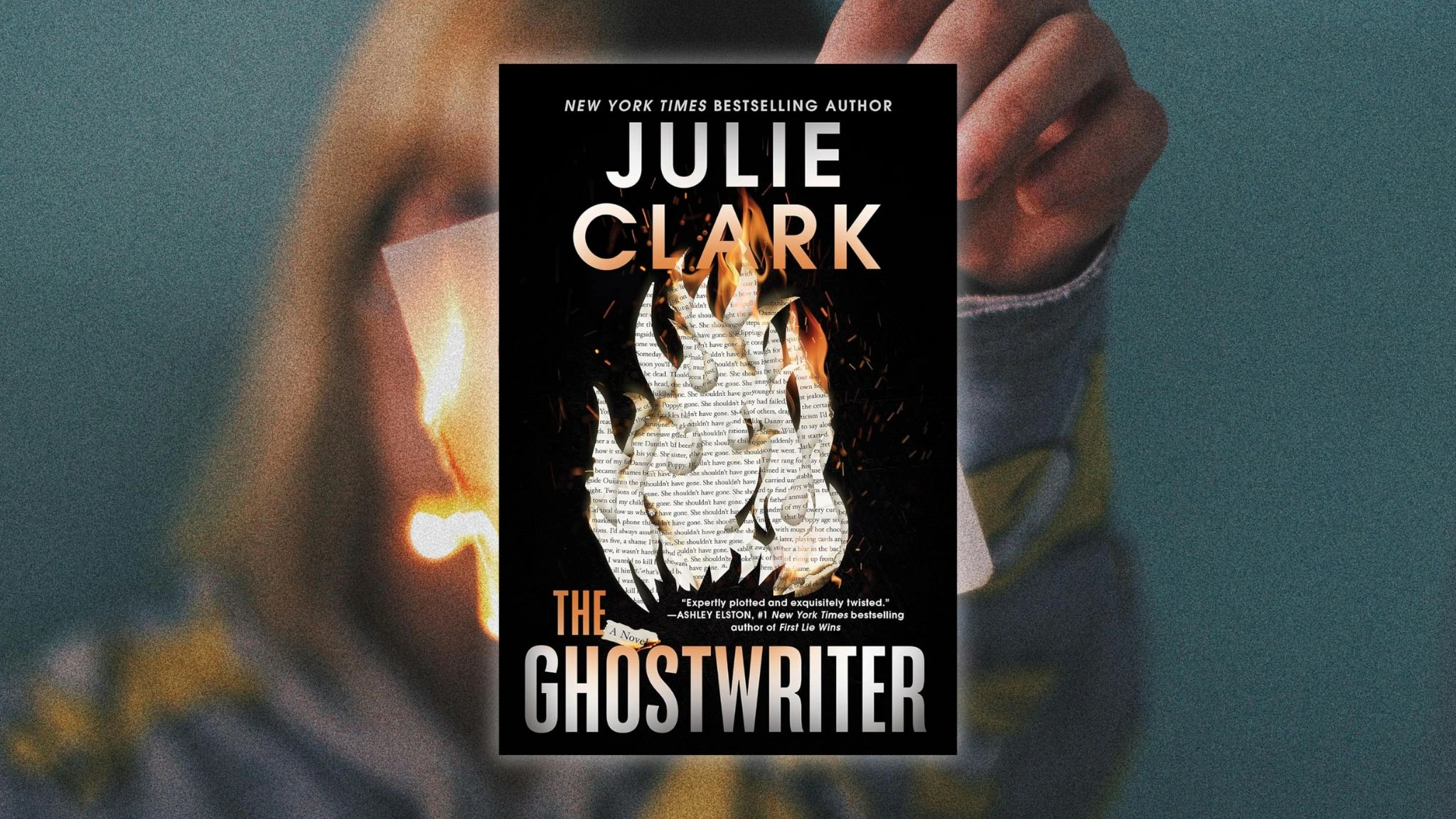
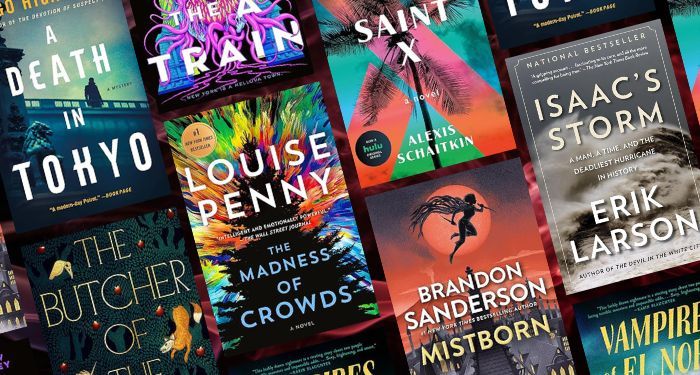
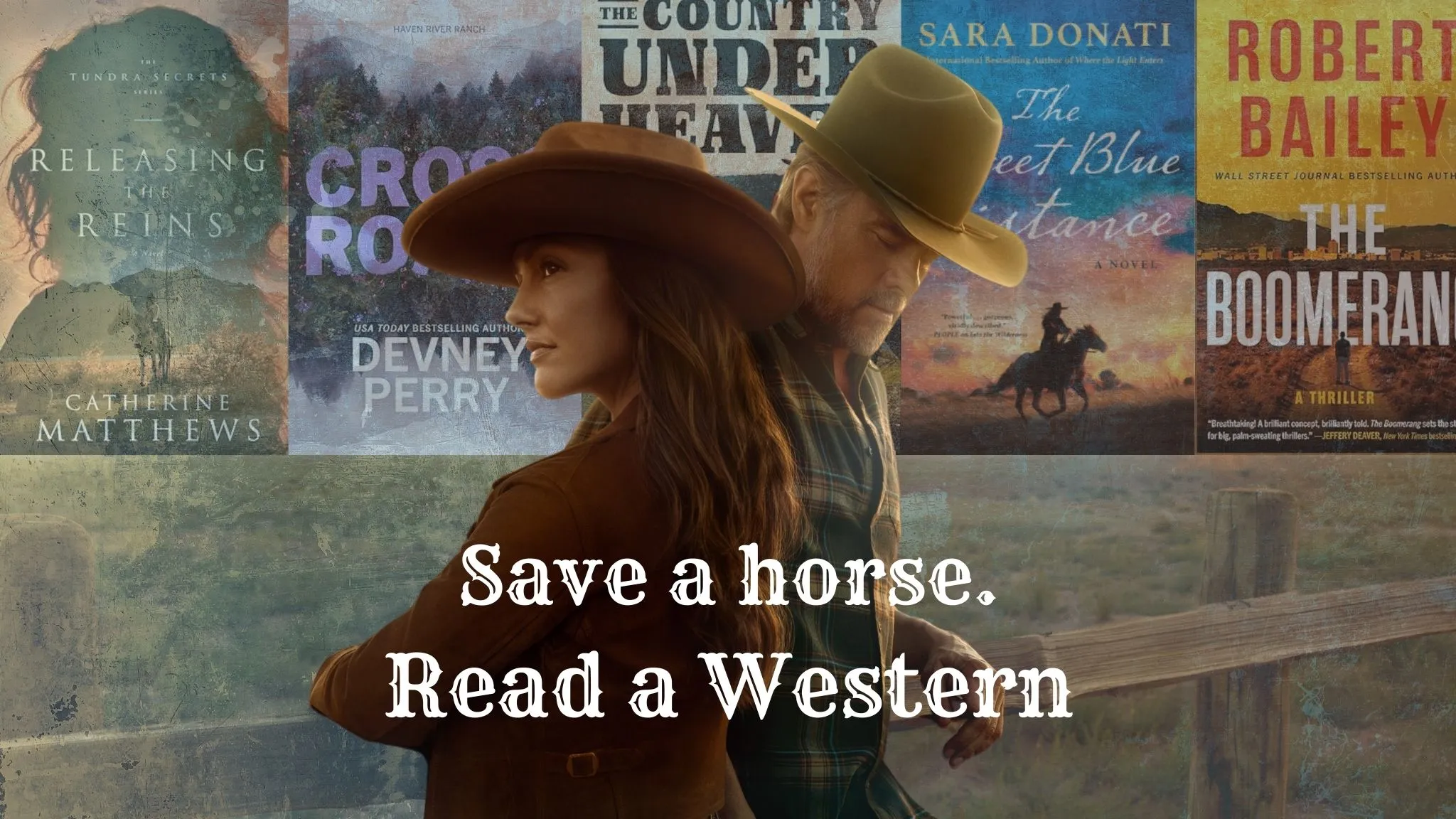

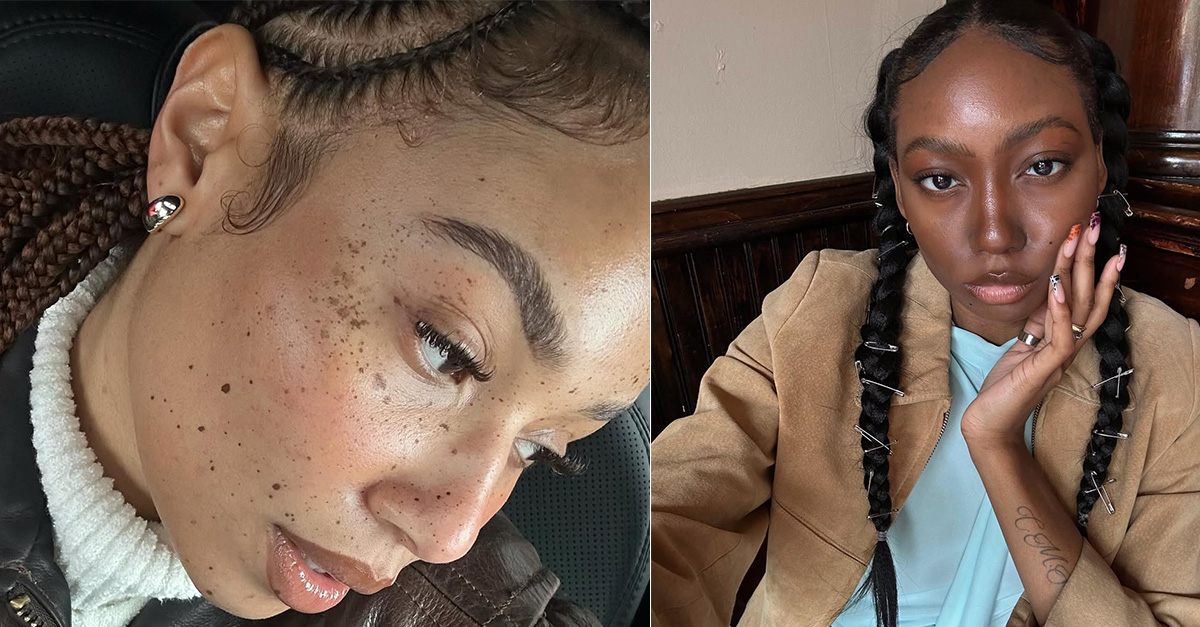
:quality(85):upscale()/2025/05/19/981/n/1922564/93076eb0682bb18c994e06.89379902_.png)
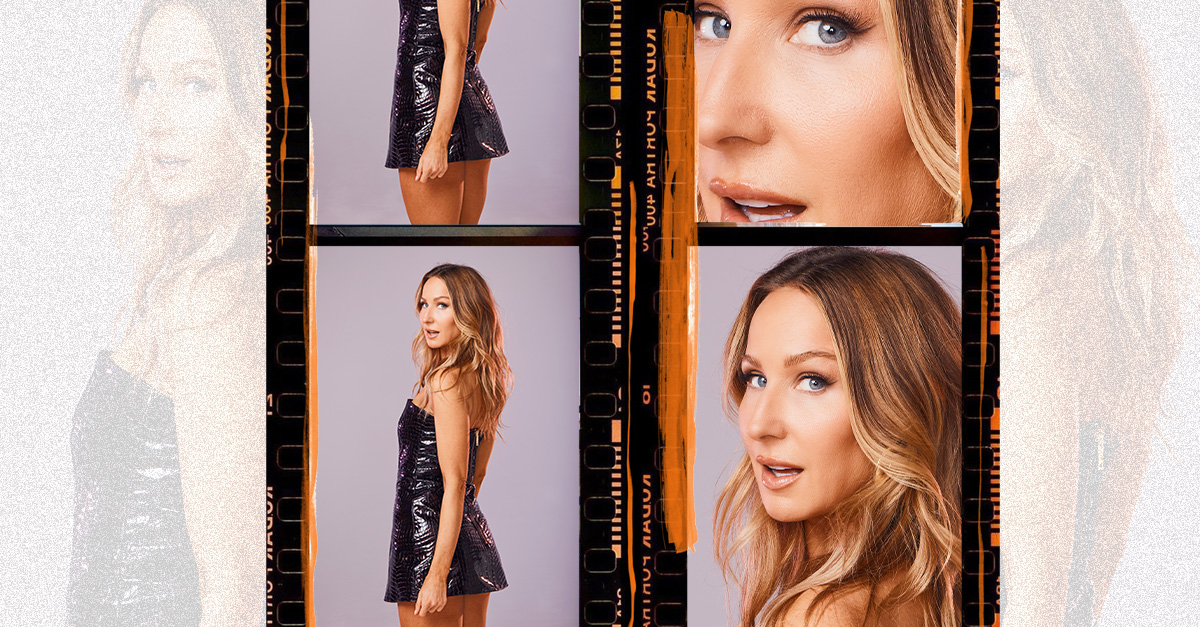
:quality(85):upscale()/2025/05/23/715/n/1922564/1e63d6e168309df259d956.72331408_.png)


